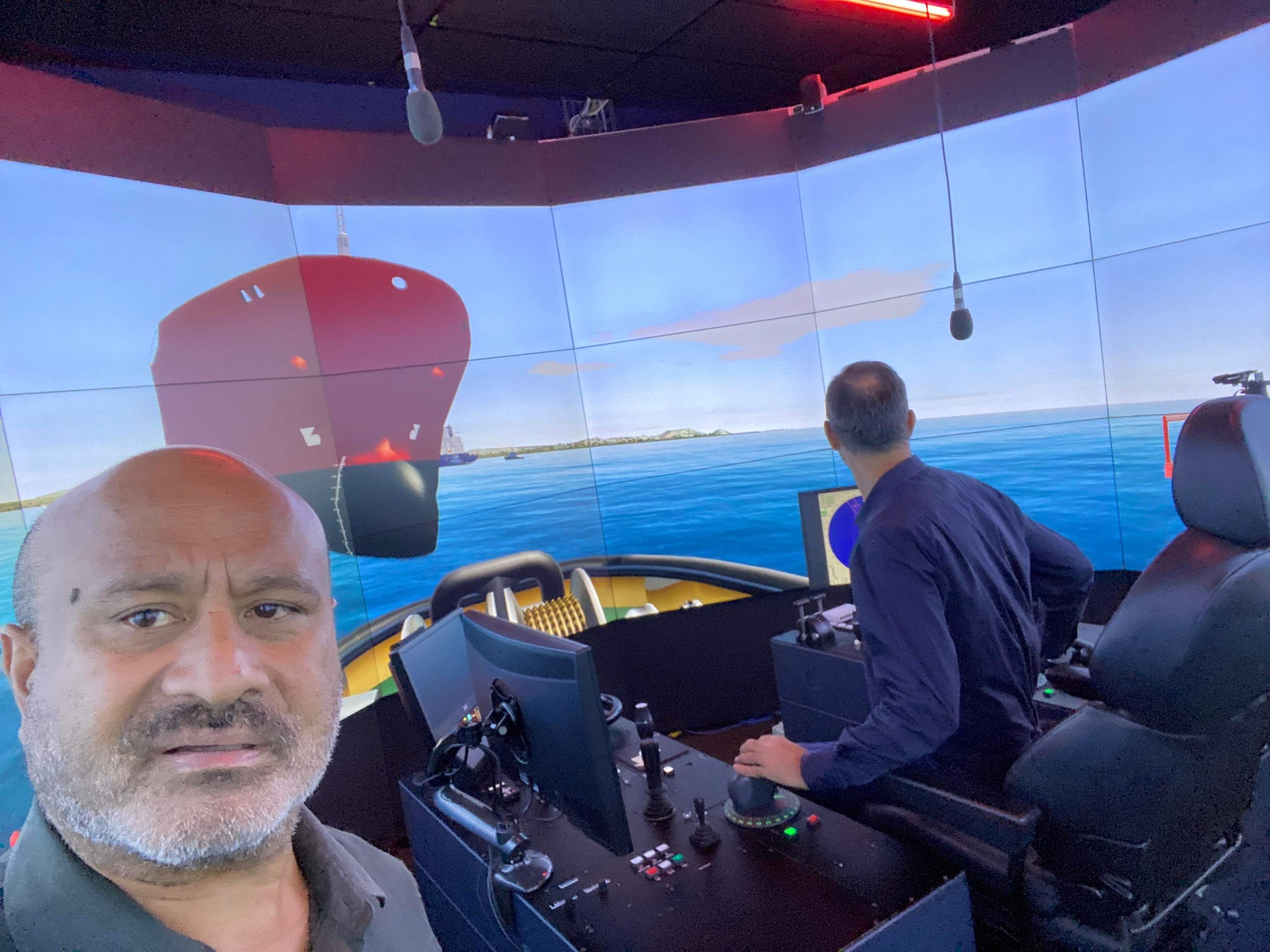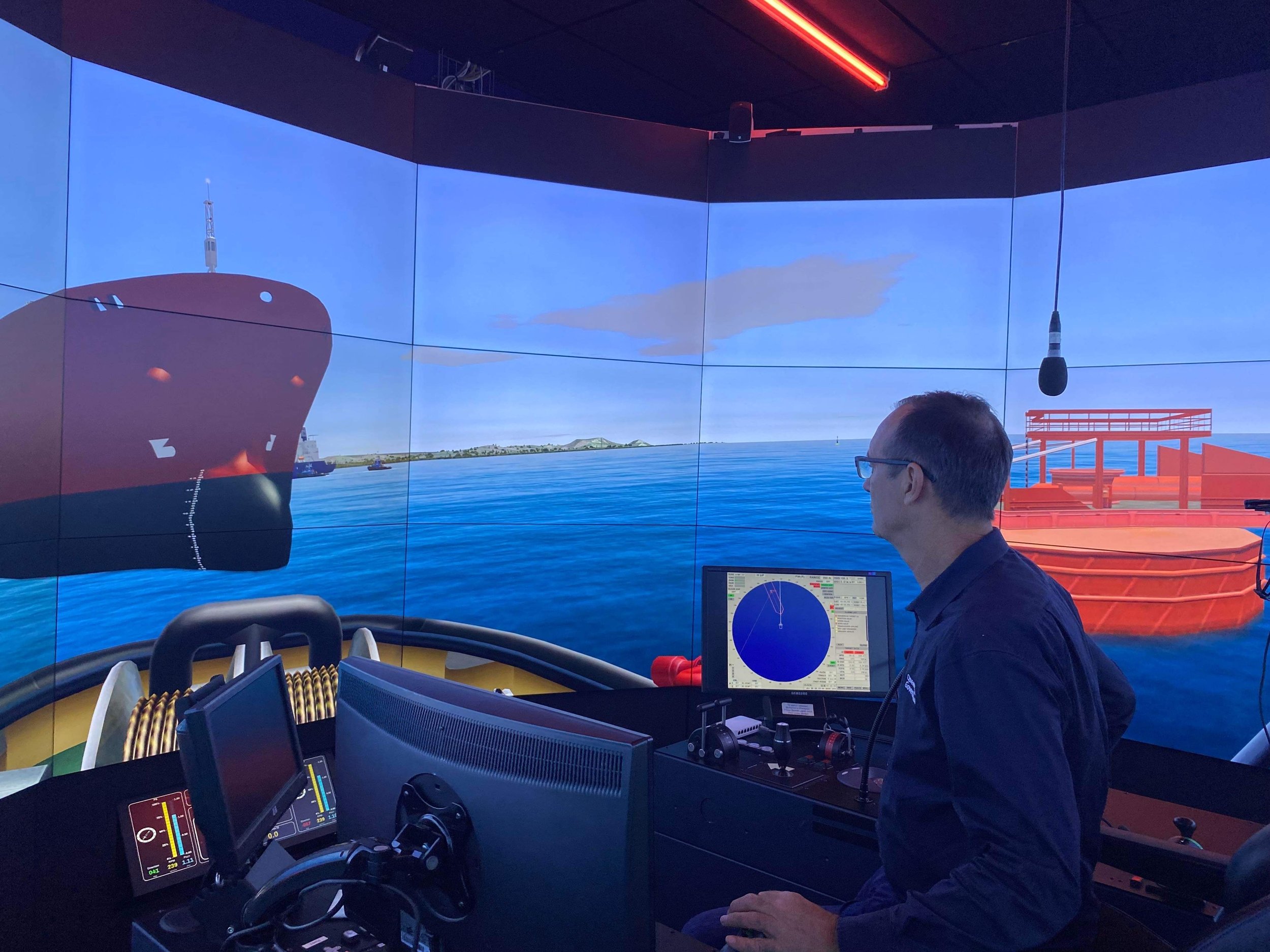PSP - SBM Simulation Marine Pilotage Training
Papuan Sea Pilots will be utilising the most advance form of SBM training on the water and in the SBM Simulator (https://www.smartshipaustralia.qld.gov.au) because we realise the importance of Marine Pilotage training standards are important for safe navigation of ships in ports, harbors, and other waterways. Here are some reasons why:
Safe navigation: Marine pilots are responsible for guiding ships through complex waterways and navigating safely through various obstacles such as other ships, underwater hazards, and changing weather conditions. Proper training helps them to develop the necessary skills and knowledge to perform this critical task with utmost safety.
Risk management: Piloting involves dealing with various risks, such as grounding, collisions, and environmental damage. Proper training helps pilots to identify and manage these risks effectively.
Legal compliance: Pilots are required to comply with various local and international regulations, including port regulations, environmental regulations, and safety regulations. Training helps them to understand and comply with these regulations.
Efficiency: Efficient piloting saves time and money by reducing the risk of accidents and delays, and increasing the speed of vessel movement. Training helps pilots to develop the necessary skills and knowledge to operate ships efficiently.
Environmental protection: Pilots play an important role in protecting the marine environment by preventing accidents and minimizing the impact of any incidents that may occur. Training helps them to understand the environmental risks associated with piloting and how to manage these risks effectively.
In summary, marine pilotage training is essential for safe and efficient navigation, risk management, legal compliance, environmental protection, and overall professionalism in the maritime industry.



